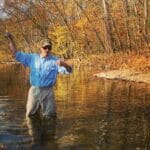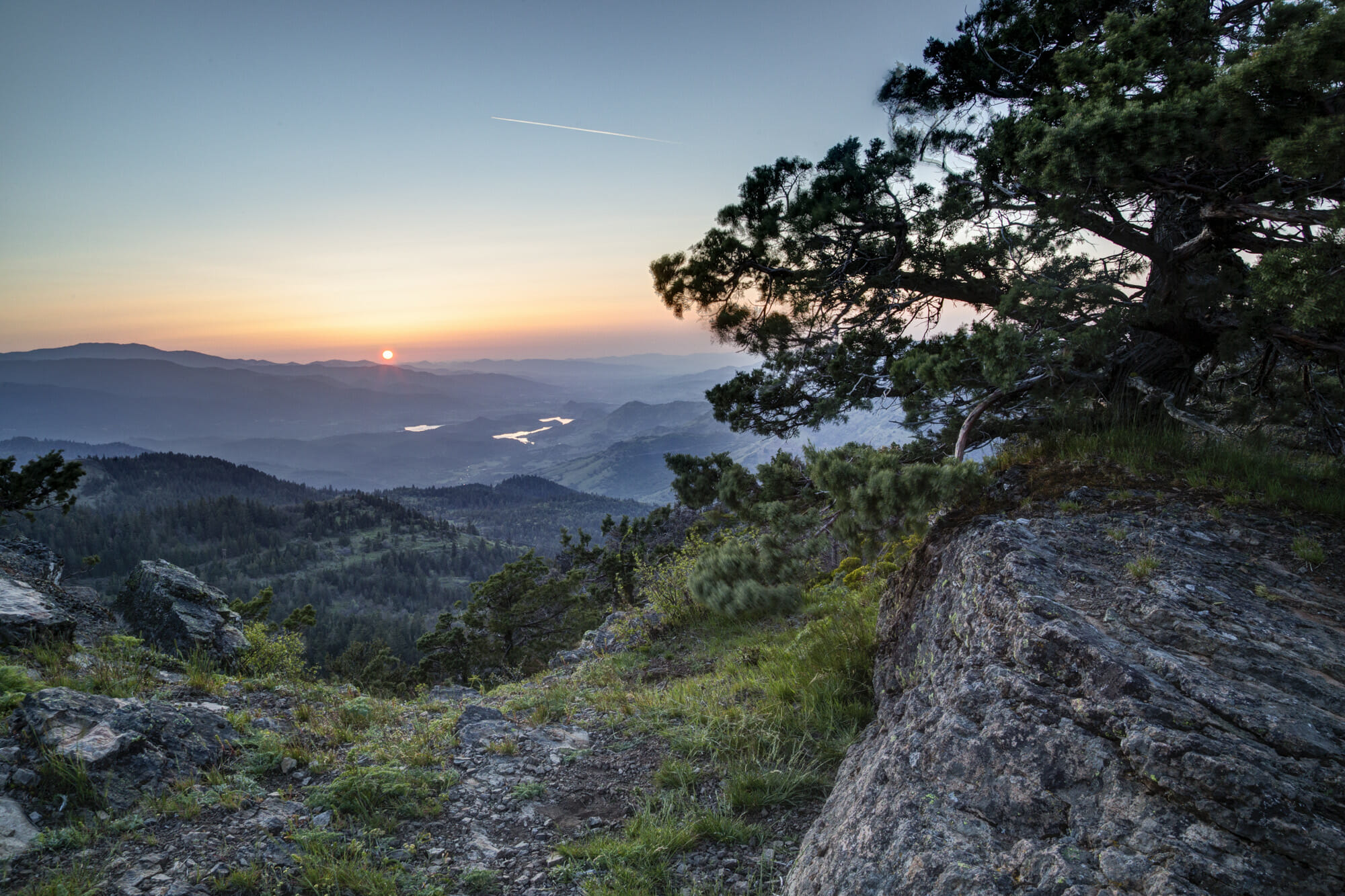By Chris Wood
The one that got away isn’t always a fish.
Eighteen years ago, I got a phone call from the forest supervisor of the Rogue-Siskiyou National Forest in southwest Oregon. He wanted President Clinton to use his authority under the Antiquities Act to make a big chunk of the forest a national monument in order to protect it from suction-dredge mining.
At the time, I worked for the Chief of the Forest Service, and we were hustling to finish a policy that protected 58.5 million acres of roadless lands on America’s National Forests. So, I pushed off the forest supervisor’s monument idea, and we applied a half-measure of protection against the mining that was later jettisoned by the incoming Bush administration.
The Rogue-Siskiyou is a veritable fish-factory, and I thought about that missed opportunity many times over the past 17 years. Sometimes you remember the fish you didn’t land more than those you did.
Then, last week, President Obama used his authority under the Antiquities Act to expand the Cascade-Siskiyou National Monument, an area adjacent to the forest that is home to a unique strain of redband trout. At the same time, his administration put broad swaths of the forest off limits to mining for 20 years. The Cascade-Siskiyou is one of the most biologically unique places on the planet. It is the meeting place of the Great Basin and the Cascade and Siskiyou ranges. Two of the chief advocates for its protection were TU organizer Dean Finnerty, and our senior scientist, Jack Williams.
President Obama has now used his authority under the Antiquities Act to protect more acreage than any other President. Many of these areas are hugely important to sportsmen and women. The Katahdin Woods in Maine, for example, harbors vital cold-water sanctuaries for brook trout. The Rio Grande del Norte National Monument in New Mexico includes over 60 miles of awesome wild trout water. Browns Canyon in is a vital part of the $1.2 billion fishing and boating industry in Colorado.
Trout Unlimited’s brand of collaborative stewardship is based on working with communities of place and interest to apply common sense to common problems for the common good. President Obama was forced to use the Antiquities Act as often as he did because land protection has been a relatively low priority for the U.S. Congress. Consider: since 2011, Congress has protected four times less wilderness acreage than in any other six-year period since passage of the Wilderness Act in 1964.
Nature abhors a vacuum—so do the local communities that want to protect the places they live and love. In the absence of a well-functioning Congress, they turn to the executive branch. Notably, many of the larger monuments protected in the past eight years were based on bipartisan bills that sat stalled for years in Congress.
TU prefers to protect land and water the old-fashioned way—by working with local communities, industry, other non-profits and others to advance bipartisan legislation in Congress. In the absence of congressional leadership, and with appropriate collaboration and safeguards for habitat, access and use, we support monument designation, too.
Sportsmen and women should be proud that President Obama listened to our voices as often as he did in proclaiming monuments. That is a legacy worth defending. And, on a personal level, the fact that Jack Williams was the forest supervisor of 18 years ago makes the conservation victory on the Cascade-Siskiyou that much more meaningful.
Chris Wood is the president and CEO of Trout Unlimited. He works from our Arlington, Va., headquarters.



